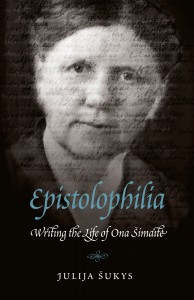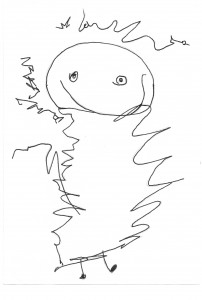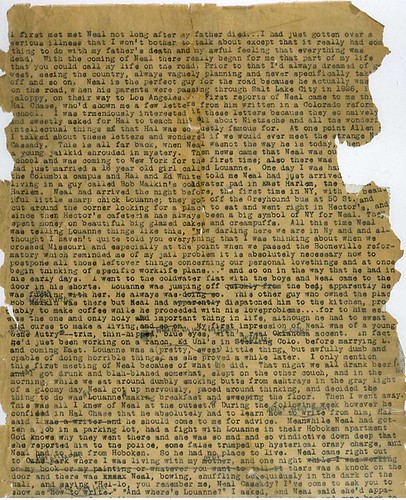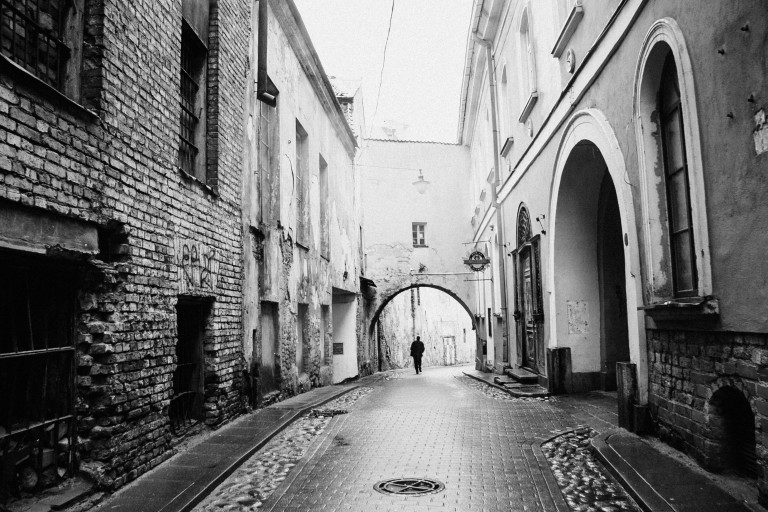
I’ve said it before, and I’ll say it again: I couldn’t have written Epistolophilia without writers’ grants and research fellowships. A number of different arts agencies and institutions — these are listed in the Acknowledgements to my book — helped me pay for plane tickets, get paper for printing, buy time for writing, and (perhaps most importantly) they confirmed that my writerly hunch might be a good one.
I’ve applied for hundreds of grants over the years — so many that it’s now become part of my creative process. Entering grant competitions is one more way for me to work out ideas, test the waters, and see if a project has legs. I’ve had a lot of success partly because I’ve learned how to talk about my work in a way that makes sense to granting agencies; and in part because of the numbers — the more grants I apply for, the better my chances.
I’ve had a few queries regarding grants recently: how to find them; what they fund; how the system works. So, I thought I’d give an overview here.
By far the best resource for grant, fellowship and residency announcements I’ve come across is Mira’s List, a blog kept by the extraordinary writer Mira Bartok (soon I’ll be interviewing her about her new book The Memory Palace, so stay tuned). I recommend signing up for her mailing list or checking her site frequently.
There are a few things to keep in mind when applying for grants. First, grants beget grants. That’s to say that every grant you receive increases your chances of getting another one. Second, granting agencies want to feel confident that they’re backing a winner, so be prolific. Finish your projects and publish them!
So what kind of funding is there to be had?
Of course, there are the big and prestigious awards like: the Guggenheim Foundation, Canada Council for the Arts, and the National Endowment for the Arts. These awards are generally for established writers and artists, and even to oft-published authors, applying for them can feel like a lottery. Unless you’re very senior indeed, it’s best to treat them as long-shots, and expect to be turned down so you can be pleasantly surprised (or ecstatic) when you win an award.
Easier to win are geographically determined awards, like the New York Foundation for the Arts, the CALQ (Conseil des Arts et Lettres du Quebec or Quebec Arts Council), and the Ontario Arts Council. Most states and provinces have their own granting agencies, so check out yours. Many cities (Toronto and Kansas City are two examples ) have artists’ grants available to their residents, so check those out too, and mark deadlines on your calendar. Obviously, the smaller the geographic area defining the competition, the better your odds.
Don’t forget to check out the Fulbright Program if you’re a US citizen, have a scholarly affiliation, and need to do research abroad.
Artists’ Residencies are a good way to go for short periods (weeks or months) of uninterrupted work away from home. Some cover all costs; others ask artists to kick in a share of the cost. Sometimes there are small application fees, which annoys me, but perhaps it won’t bother you. There are well-known colonies like Yaddo, the Vermont Studio Center, and the Banff Centre for the Arts. (Here’s a good resource to check out for more artist residencies.) Universities, like McGill University in Montreal, often have writers-in-residence, so keep an eye out for those too.
Library grants can be very useful for those of us doing research. Many public and specialized libraries offer fellowships to writers. A few examples include the New York Public Library Fellowships, Chicago’s Newberry Library Fellowships, and the Laman Library Writers Fellowship in Arkansas. Around Montreal, where I live, public libraries offer fellowships to local writers. See if this is the case in your community.
Other aspects to consider are subject matter and genre. There may be grants available to fund work in a specific genre or on a particular subject area: Yiddish culture, the Holocaust, biography, American history, and poetry are just a few examples of areas in which targeted funding is available.
Finally, don’t sniff at small grants like the awards of between $500 and $1,500 offered by Money for Women/Barbara Deming Memorial Foundation. I won this one just as I was finishing my book, and it paid for the daycare I needed to get the final version of my manuscript ready for review at the press. Remember, grants beget grants, so the very fact of winning a small award improves your position in the next round of competitions.
When writing grant proposals, be as specific as you can. If you can give chapter breakdowns, do so. If you’ve written half the book already, then say so. If you have a publisher interested, underline that. Demonstrate how your project is new, innovative, and important. Show that it contributes to knowledge or culture. Point to your past accomplishments to underscore the fact that you finish what you start.
Above all, don’t despair. The grants system can be capricious and unjust. Brilliant projects can get rejected and duds occasionally get funded. Write the application, put it in the mail, then forget about it and get back to your work.
Which is, after all, the whole point.
[Photo: Cati Kaoe]
This post is part of a weekly series called “Countdown to Publication” on SheWrites.com, the premier social network for women writers.








